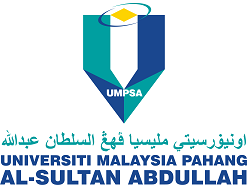THE ORANG ASLI IN MALAYSIAN FORMAL EDUCATION: ORANG ASLI TEACHERS’ SENTIMENTS AND OBSERVATIONS
DOI:
https://doi.org/10.15282/ijhtc.v5i1.4819Abstract
Stories of native peoples being disenfranchised from modern life and being disadvantaged within different social spheres from the realm of formal education to the world of work are nothing new. Even in developed nations, some native peoples find it hard to adjust to the lifestyles of the majority population, what more within developing countries where the sense of social justice is low and native peoples are left to fend for themselves in the name of development and modernity. Centring on the Orang Asli population of Malaysia, this qualitative research was carried out to map the field before a large-scale academic inquiry is executed at the Royal Belum State Park in the state of Perak, Malaysia for the following two years. Four Orang Asli teachers in the state of Perak were individually interviewed to collect ‘thick’ qualitative data regarding the current state of the Orang Asli population in formal education (i.e., in primary and secondary schools). This research is very much interested in three core subject matters. Firstly, how formal education and the process of schooling play a part in the lives of Orang Asli children and teenagers. Secondly, what should teachers and other educators do to ensure that Orang Asli children and teenagers benefit as much as they could from their primary and secondary schooling. And finally, where is the place of non-formal or informal education within the lifespan development of Orang Asli children and teenagers, as they face increasing challenges to maintain their traditional way of life and living.
Downloads
Published
Versions
- 2020-07-01 (2)
- 2020-07-01 (1)




